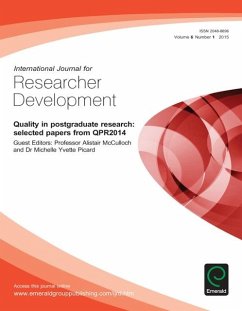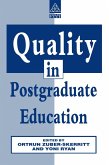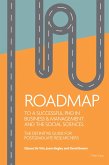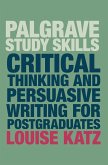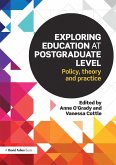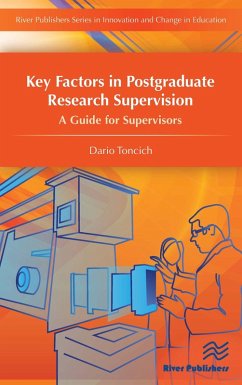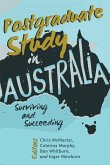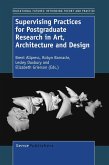This eBook is based on papers presented at the 2014 Quality in Postgraduate Research conference (QPR2014). QPR is the world's longest-standing conference dedicated to doctoral education as an object of academic study, as professional practice and also as part of the broader public policy environment. Doctoral education has improved and spread greatly over the past two decades, including developments representing the interests of institutions offering PhDs and their postgraduate research students, national organisations dedicated to promoting the enhancement of the postgraduate research student experience, national codes of practice for research degrees and cross-national bodies concerned with doctoral education. National governments now regard doctoral education as key to their countries' future economic development and prosperity. Research education is now increasingly tied into national innovation and economic development policies. A variety of university ranking systems have been developed, student cohorts within individual universities have become increasingly diverse in terms of individual student characteristics and modes of study, as have the ways in which 'doctorateness' can be demonstrated and the thesis presented. PhDs by prior publication or including publications produced during the period of study have become part of the mainstream, as have PhDs in creative areas and the professional or taught doctorate is now the dominant form in certain professional subjects. One of the biggest shifts in research education was the changing view of what should be the primary output of the PhD. The main output of the PhD was originally seen as a thesis in which the original contribution to knowledge was embodied. By 2014, the primary output was the PhD graduate, the trained researcher in whom the qualities of doctorateness were embodied, with an increasing emphasis on transferable, generic or employability skills. In focusing on the issue of quality in doctoral education and on the quality of the student experience and the frameworks and practices supporting a high quality experience, the QPR 2014 conference returned to its roots and its focus on the individual student. This eBook includes papers on the issue of moral decision-making in the doctoral education arena and the problems caused by multiple perspectives on individual problems, the generic-discipline dilemma: the extent to which development support provided for research students (in this case in the relatively unexplored area of quantitative literacies) can be provided for research students through generic rather than discipline-specific training, the role played by peer mentoring in developing the research student's new professional identity using a CAS (Complex Adaptive Systems) theoretical perspective, an empirical investigation of the way in which peer feedback on student seminar presentation performance benefits Australian and non-Australian students differentially, the issue of three-minute theatre and discusses how students can be helped to approach the 3-Minute Thesis competition with a greater degree of confidence in both themselves and their material and a structured and critical reflection on an author's PhD experience and how she has faced the 'shocks' which are inevitable during a journey or a quest lasting for a minimum of three years.
Dieser Download kann aus rechtlichen Gründen nur mit Rechnungsadresse in A, B, BG, CY, CZ, D, DK, EW, E, FIN, F, GR, HR, H, IRL, I, LT, L, LR, M, NL, PL, P, R, S, SLO, SK ausgeliefert werden.

